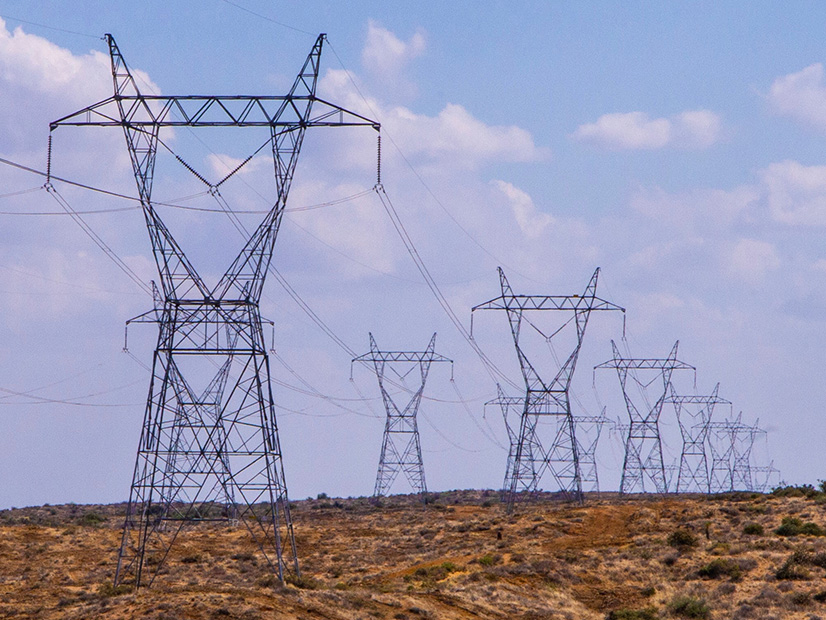
FERC on Thursday continued to tell utilities to refund premiums they earned on top of extraordinarily high prices in August 2020 during a heat wave that strained the Western grid and caused blackouts in California.
The commission ordered Uniper Global Commodities North America, Tri-State Generation and Transmission Association, and Brookfield Renewable Trading and Marketing to refund premiums earned above the average index prices at the Palo Verde hub in Arizona and other market hubs on Aug. 18-19 (ER21-62, ER21-65 and ER21-59).
The average index prices at Palo Verde of $1,400.50 on Aug. 18 and $1,639.60 on Aug. 19 resulted from scarcity conditions. Premiums above the index prices were unjustified, even though buyers offered the premiums as an inducement to sell to them, FERC said.
Tri-State, for example, sold 150 MW of electricity to Arizona’s Salt River Project for $1,500/MWh on Aug. 18 and for $1,700/MWh on Aug. 19, more than the average prices at Palo Verde.
In contrast, the average price at Palo Verde from June to August 2020, excluding the high prices of Aug. 18-19, was $52/MWh, Southern California Edison and Pacific Gas and Electric said in protests to FERC.
“Tri-State’s rationale for its sales above the index price is that Tri-State was a price-taker, the sales were consistent with published market index prices, and the prices reflected emergency conditions due to record high temperatures in the Southwest,” FERC wrote. “However, the Palo Verde price index already reflects scarcity conditions, evident based on a comparison of the index prices on the days of Tri-State’s sales to the index prices for other days in August 2020.”
Sellers in the Western Interconnection, excluding CAISO’s footprint, are required to justify prices above WECC’s $1,000/MWh soft price cap, including premiums.
FERC said Macquarie Energy had failed to justify premiums above hub index prices and in some cases had failed to justify sales above the WECC soft price cap (ER21-64).
The commission denied motions by Macquarie and other sellers to raise WECC’s soft price cap to $2,000/MWh, the same as CAISO’s soft cap, saying the question was outside the scope of the proceedings.
It ordered all four sellers to make appropriate refunds within 30 days of the orders.
Thursday’s decisions followed seven similar orders in April for utilities to refund premiums for sales into CAISO on Aug. 18-19 as the ISO struggled to keep the lights on following rolling blackouts on Aug. 14-15. (See FERC Tells PacifiCorp to Refund Premiums and Sellers Urgse FERC to Raise WECC Soft Price Cap.) In those cases, FERC also denied motions to raise WECC’s soft price cap.
Commissioner James Danly dissented both in the April cases and in the latest batch, contending that FERC does not have the authority to “abrogate a contract to sell electricity pursuant to market-based rate authority when the contract price is above a commission-imposed ‘soft’ price cap, absent a finding that the public interest so demands,” Danly wrote in each case.
In all four cases decided Thursday, “buyers willingly purchased power during a reliability crisis at a modest premium above prevailing market index prices … [and] there is no showing in the record that these prevailing market prices seriously harmed the public interest,” he said. “Any such argument appears absurd on its face, particularly when internal CAISO prices are capped at levels much higher than the … contract price[s]” in the August 2020 heat wave.


